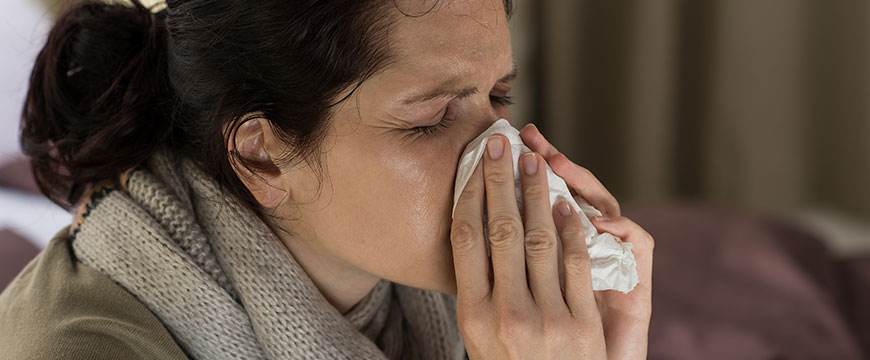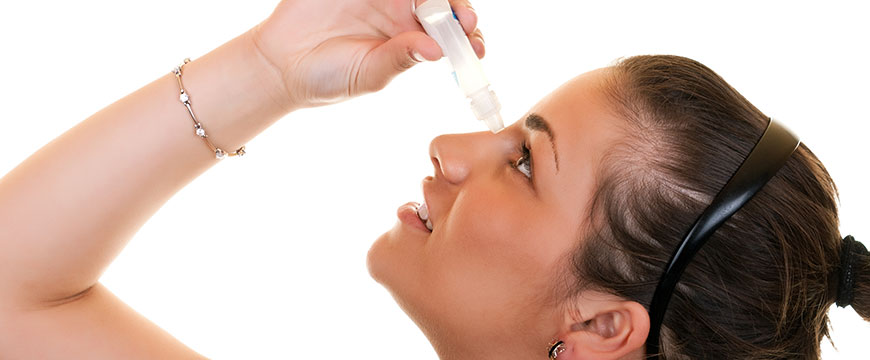The first step in managing your child’s allergic reactions is finding an allergy specialist who can assess and determine the cause of the allergies. The allergy specialist will guide you on how best to avoid allergens and give you medications to keep allergies at bay. If you are visiting the allergist for the first time, it’s important to have detailed information on what triggers the allergies. In this article, we look at questions the allergy physician is likely to ask and questions you can ask the allergy specialist. Having the right information will aid in establishing the right allergy management plan for your child. Its good to be prepared with information about what is affecting your child, and for how long.
Questions the Allergist Will Ask During the First Appointment
Below are some of the questions the allergist will ask when you visit the allergy clinic.
- What allergy symptoms is the child experiencing?
It’s good to have a list of the symptoms and signs you have noticed. You can note them down to avoid forgetting once you get to the allergy clinic. The allergy doctor may also need to know when the symptoms started and how you dealt with them.
- What is the most probable cause of the allergies?
Keep a journal of the allergens that you think affect your child. If it’s a food allergy take note of the food and the symptoms that result after ingesting the food. It will be easier if you know the allergen affecting your child.
Do the allergens affect any other member of the family?
The allergist would like to know if the allergens affect any other member of the family. Take note if any other member is affected by the allergen. The allergist will also need to know if any member of the family has asthma or nasal allergies. In case any member of the family has asthma or nasal allergies the allergy doctor will carry out skin and blood test to ascertain whether your child has asthma or nasal allergies.
What medication has the child been using to relieve symptoms?
The allergy doctor will need to know the medications that you have been using to reduce the allergy symptoms. That will guide the allergy physician on how to treat your child
Questions to Ask the Allergy Doctor on the First Appointment
Below are some of the questions you should ask the allergy specialist.
- What symptoms indicate that the child has an allergic reaction?
Each child will react differently to allergens. Below are some of the symptoms you expect to see in your child when they come into contact with an allergen;
- Itching
- Watery eyes
- Swelling and difficult breathing
- Vomiting and diarrhea
Children will respond differently to different allergens. Severe reaction to allergens is known as anaphylaxis, and it’s it can be fatal if not treated. The signs of anaphylaxis are
Lightheadedness
Difficulty in breathing and constriction of the airway
Drop in blood pressure
The above symptoms are an indication that your child has allergies.
- How will the child be tested for allergies?
The most common method of testing for allergies is through the skin or blood test. The allergy physician will determine the best allergy testing method for your child.
- How do I know the foods that cause allergies?
The allergy specialist will help you identify the foods that are causing allergies. The allergy specialist will guide you on what to look out in food labels to protect your child from allergens. The allergist will also help an allergy action plan to ensure that your child has a balanced diet in spite of the food allergies.
- When should you use medication?
The allergist will guide you when you should use antihistamine and any other medication that has been prescribed. Antihistamines relieve mild symptoms while medications such as epinephrine are used when the child has severe allergies.
- How Should you Protect your child against allergies?
The allergy doctor will guide on the best way to keep your child’s allergies at bay. Consult the allergy specialist on home remedies that will work for your child.
Prepare before you visit the allergy clinic, and that will ensure you get the right treatment and remedies to keep the allergies away. Follow the remedies and treatment given by the allergist Manassas diligently to ensure that allergies don’t hamper the life of your child.







